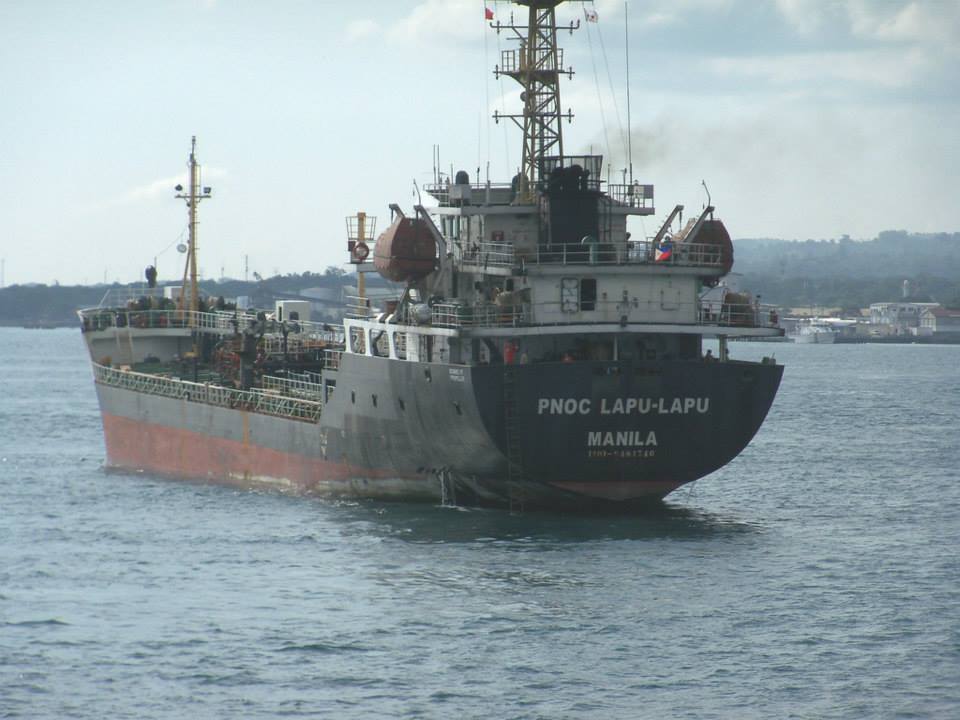In dealing with the Chinese OBOR Project, Malaysia dared to do something that Pakistan, Sri Lanka and the Philippines always aspired of doing i.e. get Beijing back to the negotiating table reduce the cost of OBOR projects.
Balochistan Liberation Army Claims Attack on Chinese Consulate in Karachi, Pakistan
According to reports by Forbes, China agreed to cut the cost of East Coast Rail Link project by one-third. The new deal is a big win for Malaysian Prime Minister Mahathir Mohamad. He made good on his election campaign promise to re-negotiate China’s investments in the country, which served the interests of Beijing more than they served the interests of Kuala Lumpur.
The East Coast Rail is one of the dozens of China’s infrastructure projects around the world – a bid to write the next chapter of globalization and advance Beijing’s geopolitical agenda.
US, India, Japan Lack Beijing’s Financial Muscle To Challenge China at Indo-Pacific
“China has political and military ambitions to fill this void,” says Xiaomeng Lu, China practice lead at Access Partnership, a global public policy consultancy for the tech sector. “Chinese President Xi aims to realize the ‘great rejuvenation of the Chinese nation’ by projecting power overseas through the “Belt and Road” initiative, which covers both Southeast Asia and Africa. This political economy effort is paired with China’s growing military might in the South China Sea and the African continent, posing a growing challenge to the U.S. security umbrella worldwide.”
The trouble is that many of China’s infrastructure projects aren’t economically viable, as they are built at inflated costs and leave countries involved heavily indebted to Beijing.
More News at EurAsian Times
- Indian Military Base in Vietnam To Protect Hanoi’s Territorial Interest
- Indian Military Base in Sabang can Strangle China at the Strait of Malacca
- Saudi Money, US Weapons, Israeli Intelligence Fuelling Arab NATO – Iran
- Will Ayni Airbase in Tajikistan Become India’s 1st Overseas Military Base?
- Indonesia Opens Another Military Base at Natuna Islands To Counter Aggressive China





